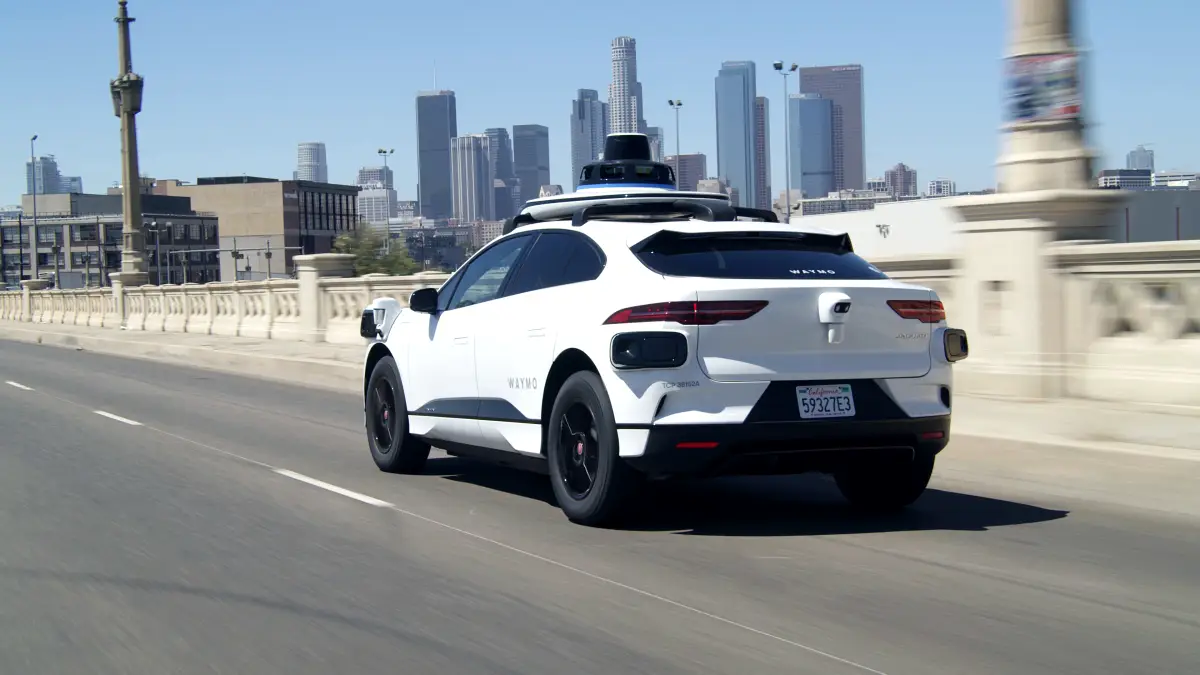
How AI Self-Driving Cars Could Make Women Safer on the Roads
AI-driven autonomous vehicles like those from Waymo have the potential to radically change not just the way we travel, but the way women experience safety in transportation. Waymo, the driverless car company backed by Alphabet, is already operating autonomous vehicles in cities like Los Angeles, San Francisco, and Phoenix, with plans to expand into Atlanta and Austin.
Scaling Waymo One safely across four cities this year
The integration of AI in transportation could play a pivotal role in reducing women’s exposure to potentially dangerous situations, especially in environments traditionally dominated by men—like ride-hailing services and public transportation.
AI Cars Could Reduce the Risk of Assault
One of the most significant advantages of AI-driven vehicles is that they eliminate the need for a human driver, thereby reducing the possibility of sexual harassment or assault during transportation. There have been numerous instances of women reporting unsafe situations when alone in a car with male drivers, whether in taxis, ride-hailing services like Uber and Lyft, or even in personal interactions. By eliminating the human element from driving, AI cars can offer women a safer, more predictable travel experience, free from the risk of unwanted advances or worse.
While ride-hailing services have implemented safety features, such as GPS tracking and emergency contact options, they still rely on male drivers in many cases, which does not remove the fundamental risk. Autonomous cars, on the other hand, offer increased safety for women by providing transportation where no human interaction is required, allowing women to commute with peace of mind.
The Dangers of Male Drivers
The safety concerns for women go beyond the risk of sexual harassment or assault. Statistics show that men are significantly more likely to engage in dangerous driving behavior than women. For instance:
Men are more likely to drive under the influence of alcohol or drugs, putting others at risk. According to the CDC, men are involved in fatal DUI crashes far more often than women. In 2010, men were responsible for four out of every five DUIs.
Men Versus Women: Drunk Driving Statistics (drunkdrivingstats.org)
Men are more likely to engage in aggressive driving behaviors, including speeding, tailgating, and road rage incidents, which increase the likelihood of accidents.
Road rage statistics 2022 – Octo Telematics
For women, this means being on the road with male drivers inherently increases the risk of accidents. By replacing human drivers with AI systems, which are programmed to follow traffic rules and make calculated, non-emotional decisions, the roads could become much safer. AI systems do not experience road rage, distraction, or intoxication, and as a result have significantly reduced accidents and fatalities. Compared to human benchmarks, Waymo demonstrated an 85% reduction in crash rates involving injuries.
AI in More Industries: A Safer Future for Women
The benefits of AI extend beyond just autonomous vehicles. The more AI is integrated into various industries, the more opportunities arise to reduce women’s dependence on potentially unsafe interactions with men. For example:
- AI-driven customer service: Reducing interactions with male service providers in industries such as retail, hospitality, and healthcare could lower the risk of harassment or abuse.
- AI in healthcare: The rise of telemedicine, powered by AI, can help women avoid uncomfortable or dangerous encounters with male healthcare professionals.
- AI in home services: AI technology could eventually replace the need for male-dominated jobs like repair work, allowing women to rely on AI-powered systems for home maintenance and other traditionally male-dominated services.
The Future: Reduced Interaction with Men in Critical Situations
For women, AI holds the promise of reducing potentially dangerous interactions with men in numerous facets of life. From the workplace to public spaces, the integration of AI could lead to a world where women are less reliant on men in scenarios that could expose them to harassment, abuse, or violence. Driverless cars are just one step toward creating a safer environment for women, but they signal the larger potential of AI to transform society.
As Waymo and other companies expand their driverless fleets, we’re getting closer to a world where AI technology can enhance safety for everyone, particularly women. AI has the potential to revolutionize how women navigate their daily lives—not just on the road, but in every interaction where safety is a concern. By embracing AI-driven technologies across multiple industries, we can move toward a world where women feel safer, more empowered, and in control. ♀








